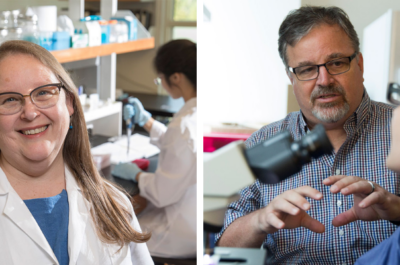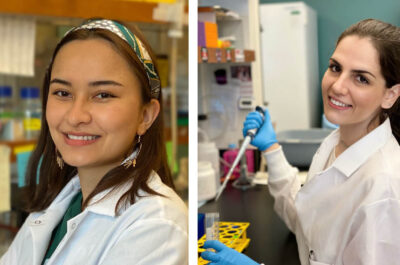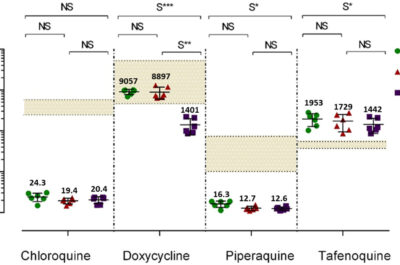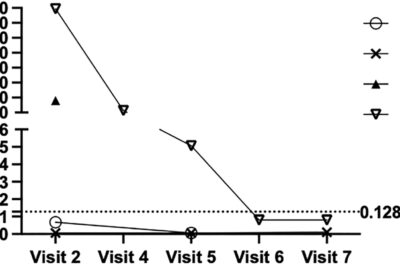Home

The Center for Tropical and Emerging Global Diseases (CTEGD) at the University of Georgia is one of the largest international centers of research focused on diseases of poverty. Researchers and students work together on some of the most important causes of human suffering around the world, including malaria, schistosomiasis, African sleeping sickness, Chagas disease, cryptosporidiosis, toxoplasmosis, leishmaniasis, and filariasis.
Featured News
Recent Publications
Extended blood stage sensitivity profiles of Plasmodium cynomolgi to doxycycline and tafenoquine, as a model for Plasmodium vivax >>Abstract>>
The Unfortunate Abundance of Trypanosoma cruzi in Naturally Infected Dogs and Monkeys Provides Unique Opportunities to Advance Solutions for Chagas Disease >>Abstract>>
Positive clinical outcome using a modified dosing regimen of benznidazole in dogs at high risk for infection or acutely infected with Trypanosoma cruzi >>Abstract>>











